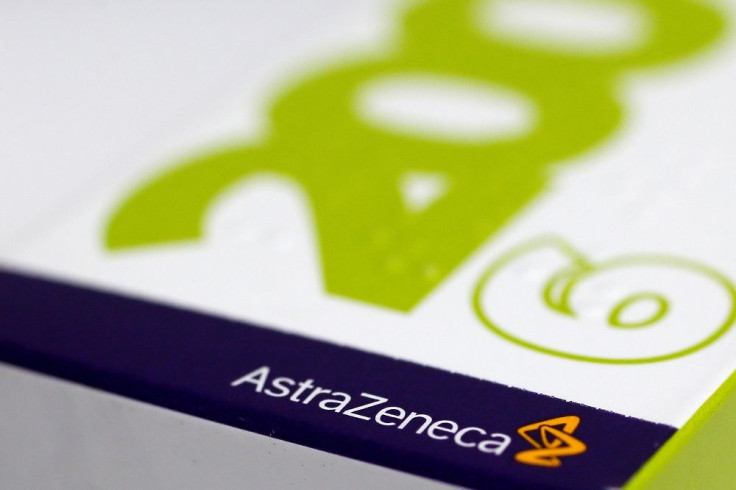AstraZeneca's new FDA-approved lung cancer pill 'Tagrisso' shrinks tumour size

AstraZeneca's new drug for lung cancer has received early approval by the US Food and Drug Administration (FDA). The drug, AZD9291, comes in the form of a 80 milligram once-a-day pill named “Tagrisso.”
The British drugmaker's new formulation is for the patients with advanced non-small cell lung cancer. It is the most common type of lung cancer, which is diagnosed in the patients.
According to AstraZeneca, Tagrisso is the only drug approved so far for treatment of patients with metastatic EGFR T790M mutation-positive non-small cell lung cancer. The new drug targets the genetic mutation, T790M. The mutation otherwise lets tumours skip the rest of the lung cancer drugs available in the market.
“This approval provides a new treatment for patients who test positive for the EGFR resistance mutation, T790M, and is based on substantial evidence from clinical trials that shows Tagrisso had a significant effect on reducing tumour size in over half of patients who were treated,” said Richard Pazdur of the FDA’s Center for Drug Evaluation and Research, in a press release.
Normally, companies submit their drug for regulatory approval after running a large phase III clinical trial involving patients. Thanks to the accelerated approval program by the FDA, AstraZeneca submitted the drug to the regulatory body based on the results of its phase II mid-stage trials involving 411 patients.
According to the FDA, some of the side effects of the drug include dry skin, infection, rash and diarrhoea. In addition, it might even cause damage to the developing fetus in pregnant mothers and inflammation of the lungs.
The company has not yet revealed the price of the drug. The Wall Street Journal reports that AstraZeneca took around 2.5 years to develop the drug, which will be available for purchase as early as next week. The company estimated that once launched, the drug's sales will reach around $3 billion per year. However, industry analysts estimate sales of $1 billion by 2020.
Contact the writer at feedback@ibtimes.com.au, or let us know what you think below.





















